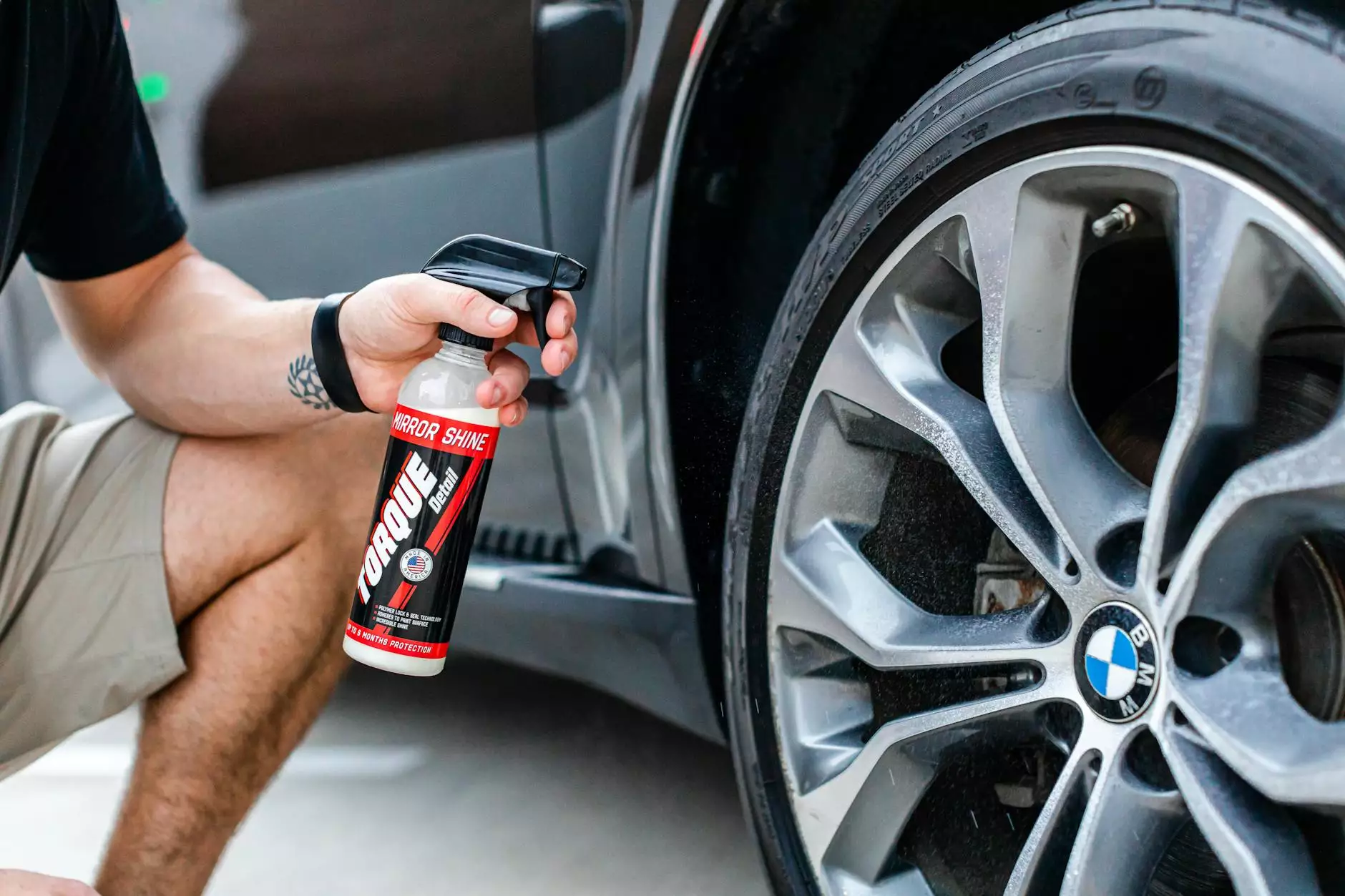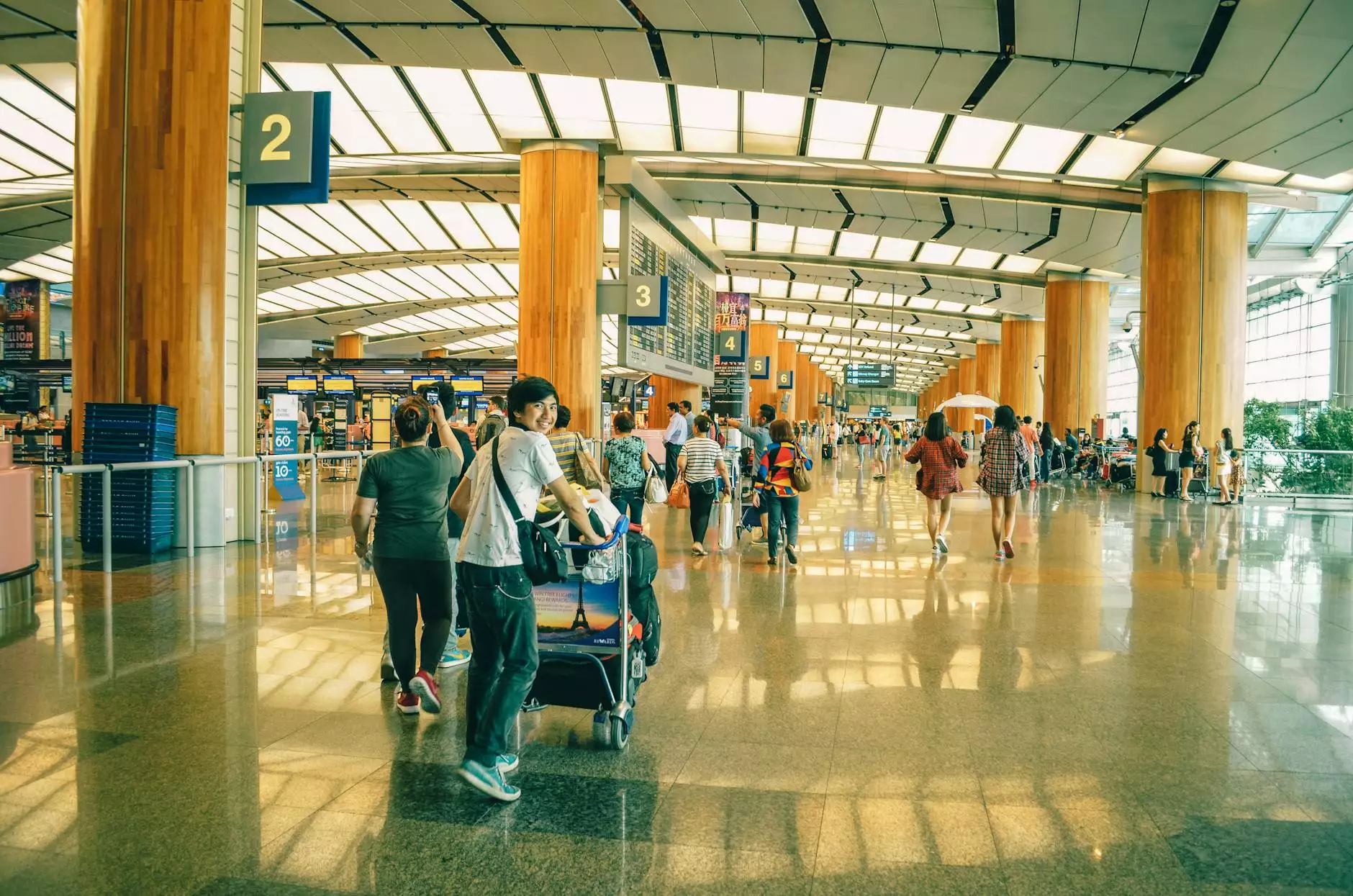Transforming Health Care: The Impact of Pharmacy Trailers

In today's fast-paced world, the delivery of health care services is evolving rapidly. One of the most innovative solutions that have emerged in recent years is the pharmacy trailer. These mobile units are changing the way health and medical services reach communities, especially in underserved areas. This article delves into the significance of pharmacy trailers, their benefits, and how they are impacting the landscape of medical centers across the United States and beyond.
What is a Pharmacy Trailer?
A pharmacy trailer is a mobile unit designed to deliver pharmaceutical services directly to patients. These trailers are equipped with the necessary technology and staff to provide various services, including medication dispensing, counseling, and health screenings. This mobile approach makes it possible to reach patients in remote locations, ensuring they receive the medications and health services necessary for their well-being.
The Rising Need for Mobile Pharmacy Services
The demand for mobile pharmacy services has surged due to several factors:
- Access to Health Care: Many communities, particularly rural and low-income areas, face challenges accessing traditional medical centers. Pharmacy trailers help bridge this gap, making essential medications available to those in need.
- Emergency Preparedness: In times of natural disasters or public health emergencies, pharmacy trailers can be deployed quickly to provide medications and support to affected populations.
- Cost Efficiency: Operating a mobile pharmacy can be more cost-effective than maintaining a traditional brick-and-mortar pharmacy, making it an attractive option for health care providers.
Benefits of Using Pharmacy Trailers
Pharmacy trailers offer a multitude of benefits that contribute to improved patient care and health outcomes. Some of the key advantages include:
1. Enhanced Accessibility
Pharmacy trailers can travel to various locations, allowing them to serve people who might otherwise have difficulty accessing a pharmacy due to transportation issues or geographical barriers. This increased accessibility promotes better medication adherence and enhances overall health.
2. Comprehensive Services
Equipped with pharmacy technology, these trailers can offer a range of services. Patients can get their prescriptions filled, receive medication counseling, and even undergo health screenings. This comprehensive approach ensures that patients receive holistic care in one convenient location.
3. Increased Patient Education
Patient education is a crucial component of medication management. Pharmacy trailers not only provide medication but also educate patients on the proper use, potential side effects, and interactions of their drugs. By empowering patients with knowledge, pharmacy trailers play a pivotal role in improving health literacy.
4. Collaboration with Health Care Providers
Pharmacy trailers often work in partnership with local health care providers, offering a network of support for patients. This collaboration ensures that patients receive coordinated care tailored to their individual needs, leading to better health outcomes.
5. Flexibility and Scalability
Pharmacy trailers are flexible and can easily adapt to changing health care needs. Whether responding to a seasonal influx of patients or providing services during a health crisis, these mobile units can scale their operations accordingly, proving their value in dynamic environments.
Technology Behind Pharmacy Trailers
The integration of advanced technologies is one of the defining features of pharmacy trailers. Here are some key technologies utilized:
1. State-of-the-Art Dispensing Systems
Pharmacy trailers are equipped with automated dispensing systems that ensure accurate and safe medication distribution. These systems reduce the risk of errors and improve efficiency in fulfilling prescriptions.
2. Telemedicine Capabilities
With the rise of telemedicine, many pharmacy trailers now include the technology to conduct virtual consultations. This allows pharmacists to assess patients, discuss medications, and provide guidance without requiring in-person visits.
3. Inventory Management Systems
Efficient inventory management is crucial for any pharmacy. Mobile units are outfitted with systems that track medications, ensuring that supplies are managed properly and that patients have access to the medications they need.
Challenges Facing Pharmacy Trailers
While the benefits of pharmacy trailers are substantial, several challenges can impact their effectiveness and implementation:
- Regulatory Hurdles: Pharmacy trailers must navigate complex regulations that govern the practice of pharmacy, which can vary significantly by state.
- Funding and Sustainability: Securing funding to operate pharmacy trailers can be challenging. A sustainable business model is essential for long-term success.
- Logistical Issues: Transporting a pharmacy trailer involves logistical considerations, including maintenance, staffing, and scheduling.
Success Stories: Pharmacy Trailers in Action
Numerous success stories illustrate the positive impact of pharmacy trailers on communities:
1. Rural Health Initiatives
In rural America, mobile pharmacies have successfully improved access to medications and health services. For instance, the Rural Pharmacy Initiative implemented mobile trailers in underserved areas, drastically increasing patients' access to essential medications and health screenings.
2. Disaster Response
During natural disasters, pharmacy trailers have proven invaluable. Following Hurricane Harvey, for example, mobile pharmacies were deployed to provide critical medications and services to displaced residents.
3. Public Health Campaigns
Health departments have also utilized pharmacy trailers for public health campaigns, such as vaccination drives or chronic disease screenings. These efforts have led to increased immunization rates and better management of chronic conditions.
Future Prospects for Pharmacy Trailers
The future of pharmacy trailers looks promising. As the health care landscape continues to evolve, these mobile units will likely play an increasingly vital role in providing accessible health care. With advancements in technology and a growing emphasis on personalized care, we can expect to see pharmacy trailers expand their offerings and reach even more communities.
1. Integration with Community Health Resources
Future pharmacy trailers may establish stronger connections with community health resources to facilitate comprehensive care. This could include connecting patients with local social services, mental health resources, and preventive care programs.
2. Expansion of Services
As the capabilities of pharmacy trailers grow, so too will their services. This includes more robust public health campaigns, specialized medication management strategies, and even holistic health services, such as nutrition counseling and wellness programs.
3. Improved Data Analytics
The utilization of data analytics to track health outcomes and medication management will become increasingly relevant. By monitoring patient data, pharmacy trailers can improve their services and patient engagement strategies.
Conclusion
The introduction of pharmacy trailers into the health care system represents a transformative step toward improving patient access and care. Their ability to reach underserved populations, provide comprehensive services, and enhance patient education is essential in a world where health disparities persist. As technology and regulations evolve, these mobile units will undoubtedly play a crucial role in shaping the future of health care delivery. Communities and health care providers alike have much to gain from embracing this innovative solution, making pharmacy trailers a vital component of modern health care.









